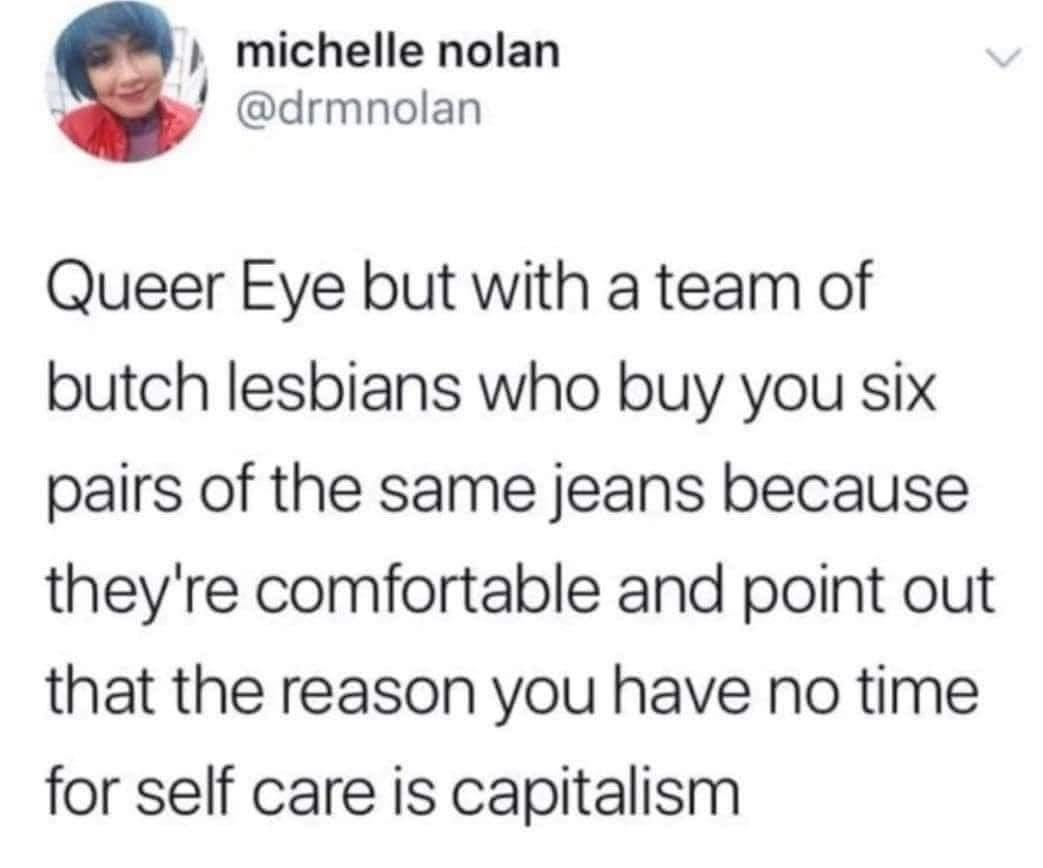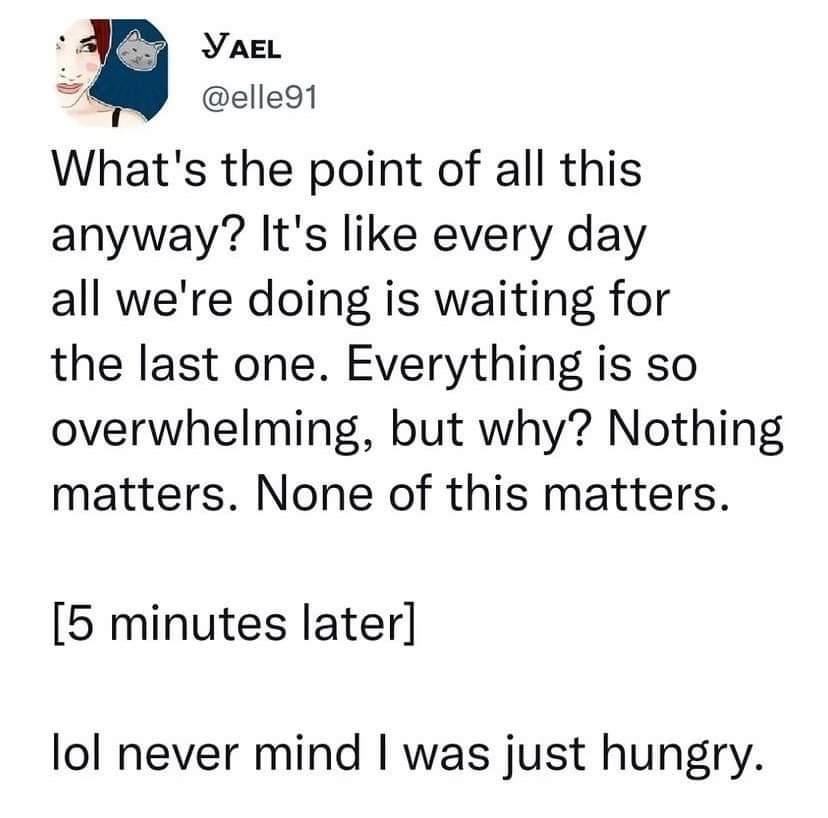So, listen. An advertisement is an endorsement, and I'm tired of pretending like it's not.
In the last few days, I've been paying attention to some issues with a few fairly well-known YouTubers who have sponsorship arrangements with BetterHelp. BetterHelp is an organization that attempts to match clients with therapists and psychiatrists for online telehealth.
The problem is that they are VERY bad at it.
I attempted to use BetterHelp in 2020, and it was an absolute disaster. I ended up having to ask for my money back and find an in-person provider.
And I went in with pretty low expectations.
But here’s the reality.
When a network, media organization, or even individual influencers advertise a product or service, they are saying, "Hey, I think this is a good product or service."
Now, there are a couple of distinctions here.
For example, Fox News advertising for the MyPillow guy isn't endorsing his personal politics, which are dubious, but they are endorsing his equally dubious business practices. In 2023, after years of claiming that the election had been stolen from Trump, he admitted to losing over $100 million after major retailers stopped stocking his products, (because stocking a product is also an endorsement).
On the other side of the coin, donating to political refugees is not the same as supporting a government. So when people are donating to the people of Palestine, they're not supporting Hamas. And the same is true for folks who are supporting the people of Israel. It does not mean that they are supporting the Israeli government.
There are a couple of reasons for this.
When we look at larger systems of influence, what we have to consider are the mechanisms by which leverage is created.
The best way to define those leverage points comes from a systems thinker by the name of Donella Meadows. Her definition is: "A system is a set of interrelated elements organized to serve a particular function or to seek a particular goal."1
However, most of our analysis of systems is based on the elements or events, and therefore, have very little influence that we can exert. Changing behaviors and elements have some impact on events, but only minimal impact on the overall system.
What we want to look at are the interrelated pieces, the function and goals of the system, and above all, the mindset or paradigms built into that system.
The more you change the way you think about something, the more impact you have on that system, which is why it's crucial to understand the implications of endorsements and the power they hold.
As an entity, I feel a responsibility to support companies that benefit the majority of my audience.
There will always be outliers, but it's MY responsibility as an organization to do the research required to determine whether a potential advertiser is doing more harm than good. We also must look at these individually and on an overall holistic level (but that’s another post for another time).
Which is why I have hired a researcher (the incomparable Jessica Lemmons), who will be evaluating all of our potential future advertisers.
I brought her on specifically knowing that as we grow, the questions of ethical responsibility will become more significant and pressing. And, it's essential to start building these systems at a foundational level.
By shifting the paradigm from the beginning, we have control over everything else that creates leverage in this new system.
With all that in mind, I would love to know who is making a difference out there in the world. Which companies are you excited to buy from? Those are the people we want to reach out to for advertising.
It’s all about the vibes, man.
A tip of the hat to Michael Simmons for his recent post on this seminal work.





